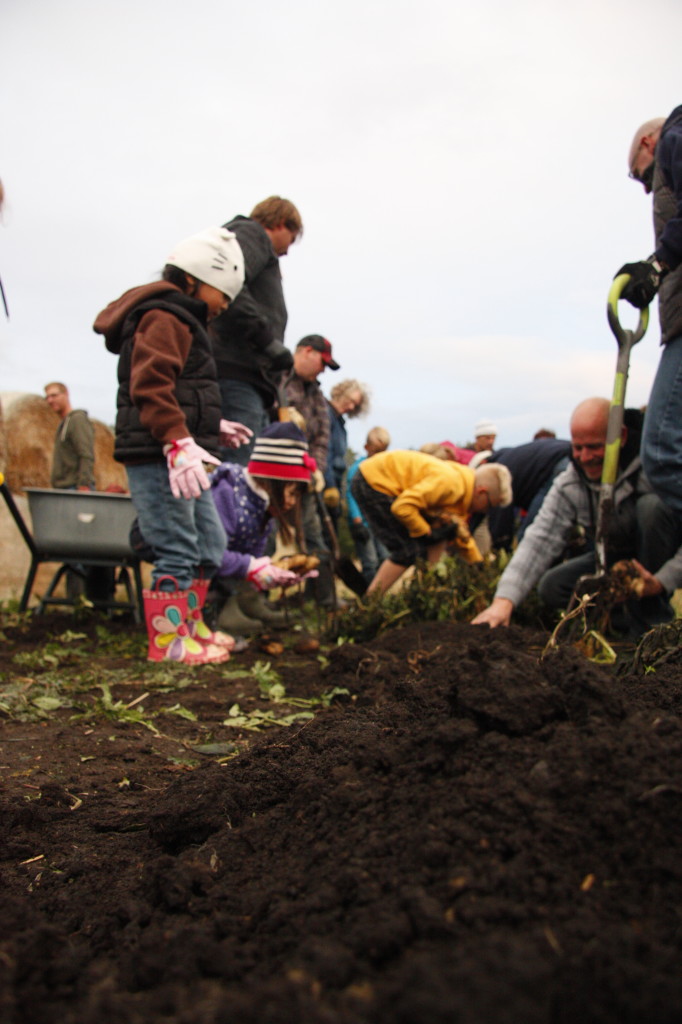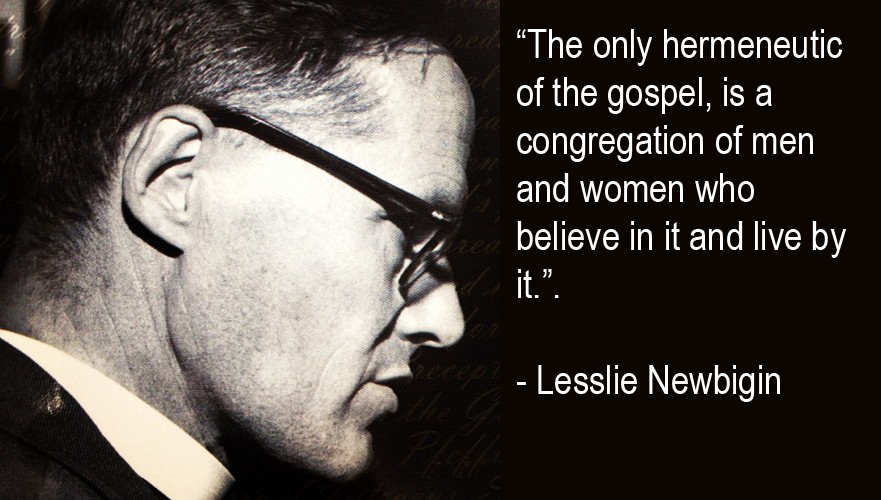 *My post here was originally published on June 15, 2015 in Christianity Today.
*My post here was originally published on June 15, 2015 in Christianity Today.
When I first stepped into my role as a small-group pastor, I was at a loss as to how to help my church get on mission. I knew what it meant to be missional and intentional with my relationships. I knew how to share my faith. I even knew how to motivate my leaders to get on mission with God. However, the one thing that I didn’t know was how to make mission normal in our church—I didn’t know how to help the congregation get on mission with God in everyday life.
As a result, much like Jeff Vanderstelt explains in Saturate: Being Disciples of Jesus in the Everyday Stuff of Life, I loaded my leaders and groups with a task list of missional activities. There was only one problem: I was teaching and expecting my congregation to be Jesus—when only Jesus can truly be Jesus. As a result, I was expecting my group leaders to do more than Jesus every asked of them. In reality, as Vanderstelt puts it, “we are not meant to carry the weight of the world or the mission of Jesus on our shoulders. Jesus came to seek and save. He doesn’t expect us to become the saviors.”
So when I first encountered Vanderstelt’s ministry, Soma, I was impressed with the way they were able to normalize mission and make it easy for their church members to get on mission with God in everyday life. That’s what led me on my journey to digest everything I could get my hands on from Vanderstelt and Soma—articles, seminars, audio files, and the like. But now you can simply read Saturate, a book with all of their wisdom in one place.
As I was preparing to develop a discipleship pathway for my multi-site church, I was inspired by the ministry philosophy, identities, and rhythms of Soma because they have the clearest missional paradigm of discipleship. Soma’s focus, and subsequently, the focus of Saturate, is to provide a vision for complete and utter Jesus saturation rooted in who you are in Christ, rather than in what you do.
[Read more…] about Book Review: Saturate by Jeff Vanderstelt



